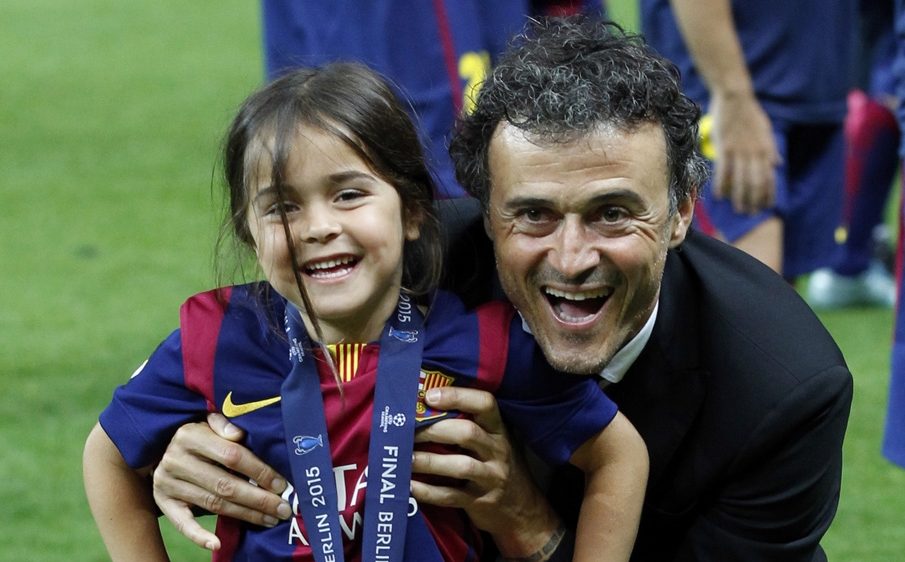The Influential Career of Luis Enrique

Introduction
Luis Enrique Martínez García, commonly known as Luis Enrique, is a prominent figure in the football world, recognized for both his playing and managerial careers. Currently managing the Spanish national team, his importance extends beyond his accomplishments on the pitch, impacting the future of football through his coaching philosophy. The relevance of Luis Enrique is underscored by Spain’s recent resurgence in international competitions, reflecting his influence on the sport.
Playing Career
Born on May 8, 1970, in Gijón, Spain, Luis Enrique started his professional football career at Sporting de Gijón before moving to Real Madrid in 1991. His five-year stint at Madrid was marked by success, including winning La Liga. In 1996, Enrique transferred to FC Barcelona, where he became a fan favourite and solidified his legacy, helping the team secure two La Liga titles and a Champions League trophy.
Coaching Journey
After retiring in 2004, Enrique transitioned into coaching, initially taking charge of Barcelona B before being appointed as manager of the first team in 2014. His leadership style and tactical awareness saw Barcelona achieve a historic treble in 2015, winning La Liga, the Copa del Rey, and the UEFA Champions League in the same season. His tenure ended in 2017, but not before he established himself as one of the most successful coaches in the club’s history.
Managerial Role with Spain
In 2018, Luis Enrique took up the role of head coach for the Spanish national team. His approach has revitalised the squad, emphasising possession-based football and youth integration. Under his guidance, Spain showcased a competitive edge in UEFA Euro 2020, reaching the semifinals and exhibiting a blend of experienced and young talents. As Spain heads towards the 2022 FIFA World Cup, Enrique’s strategies and player selections are being closely watched, with fans hopeful for a strong performance.
Conclusion
Luis Enrique’s journey from a player to a respected coach exemplifies the potential for growth within the sport. His current managerial role is pivotal not just for Spain’s success but also for the evolution of modern football tactics. With his experience and insight, Enrique is expected to continue influencing the next generation of players and coaches. As the international football landscape evolves, the impact of figures like Luis Enrique will be significant in shaping future competitions and the development of football as a whole.








